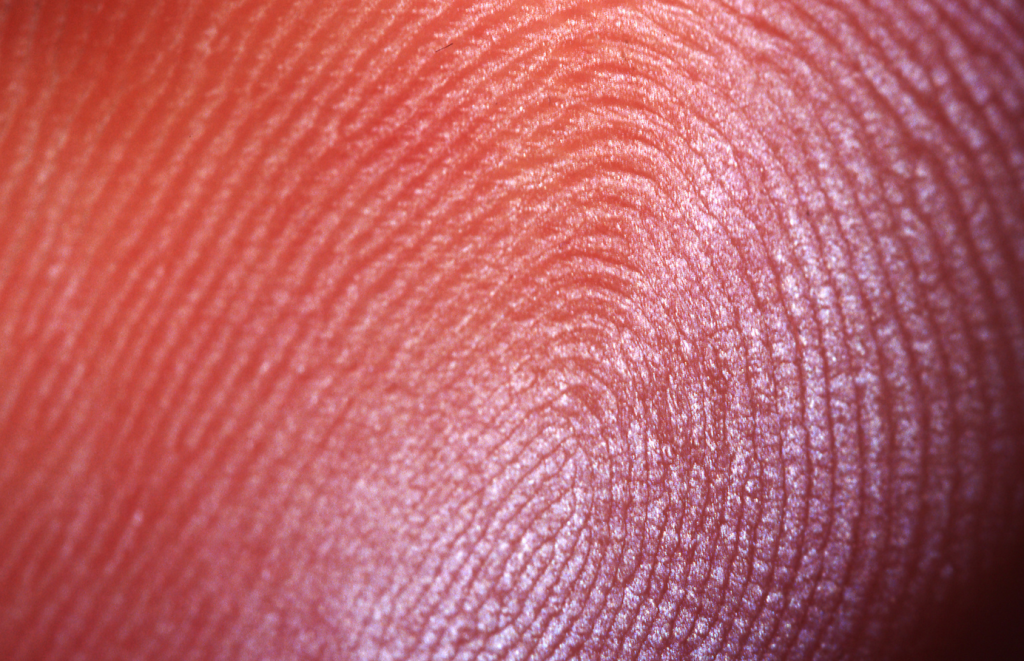Can Police Force You To Unlock Your Phone With Fingerprint?
A court in Virginia recently tackled this issue [PDF] and came to the conclusion that police could compel the use of a fingerprint to unlock a suspect’s phone, but could not force the suspect to turn over his passcode.
At the core of this debate is whether or not compelling the suspect to unlock his phone violates his rights under the Fifth Amendment, which states that no person “shall be compelled in any criminal case to be a witness against himself.”
The particular case involves an alleged violent attack that the victim claims was recorded by a camera in the bedroom in which the incident occurred. Additionally, the victim says that the camera transmits video to the defendant’s smartphone.
Police obtained a search warrant and confiscated the phone, computers and other devices belonging to the defendant, who admitted to police that a recording of the alleged attack “may exist” on the phone.
Prosecutors sought to compel the defendant to unlock his smartphone, claiming that the existence of a recording on the device was a “foregone conclusion,” and therefore not a case of the defendant being forced to provide testimony against himself.
In looking at the case, the judge points out that there is legal precedent for compelling defendants to turn over documents that may be incriminating, but the turning over of those documents is not the same as testifying against yourself.
“The Fifth Amendment protects against compelled self-incrimination, not the disclosure of private information,” writes the judge, quoting a 1976 U.S. Supreme Court decision.
The judge also notes that the Supreme Court has long held that the Fifth Amendment offers no protection against “fingerprinting, photography, or measurements, to write or speak for identification, to appear in court, to stand, to assume a stance, to walk, or to make a particular gesture,” all of which could incriminate the defendant.
Additionally, if the existence of the sought-after evidence is indeed a foregone conclusion, the judge says the defendant’s Fifth Amendment rights might not be violated because the defendant’s input is not required to say anything about the evidence. Thus, writes the court, the “question is not of testimony but of surrender.”
But if authorities can not say that it’s a foregone conclusion that they will find the evidence being sought, and if they require the defendant’s input in obtaining the requested documents, that may be a case where being compelled to turn over documents to police would count as testimony.
“The assembly of those documents was like telling an inquisitor the combination to a wall safe, not like being forced to surrender the key to a strongbox,” writes the court, citing a 2000 SCOTUS ruling.
In 2010, a U.S. District Court in Michigan held that compelling a defendant to provide a passcode qualifies as testimony because it requires the defendant to “communicate knowledge, unlike the production of a handwriting sample or a voice exemplar.”
For that reason, the Virginia court said authorities could not compel the defendant to unlock his phone with the passcode.
So what about his fingerprint?
That, says the judge, is within the bounds of the Fifth Amendment.
Whereas the passcode could not be compelled because it is “not known outside of Defendant’s mind,” the judge likened the suspect’s fingerprint to a key, in that it “does not require the witness to divulge anything through his mental process.”
Of course, just because the police get access to the phone doesn’t mean they will be able to access all of the content. The judge writes that if the video on the device is encrypted, authorities can not compel the defendant to provide an unencrypted version because “production of the unencrypted recording would be testimonial… Defendant would be admitting the recording exists, it was in his possession and control, and that the recording is authentic.”
This ruling is a bit of a boon to law enforcement officials in the U.S. who have been increasingly critical of recent decisions by Apple and Google to make their iOS and Android mobile operating systems more private by removing any backdoor access for users who lock their devices with passcodes. Only those codes can be used to access the content on users’ phones.
With fingerprint unlocking becoming more widely used, it could be a way for police to access devices without the passcode. However, as has been pointed out elsewhere, some devices will require both a fingerprint and a passcode if the device has been unused for a certain period of time.
Additionally, those who really want to keep their phones’ contents away from prying eyes will now know to avoid using the fingerprint option.
Want more consumer news? Visit our parent organization, Consumer Reports, for the latest on scams, recalls, and other consumer issues.


